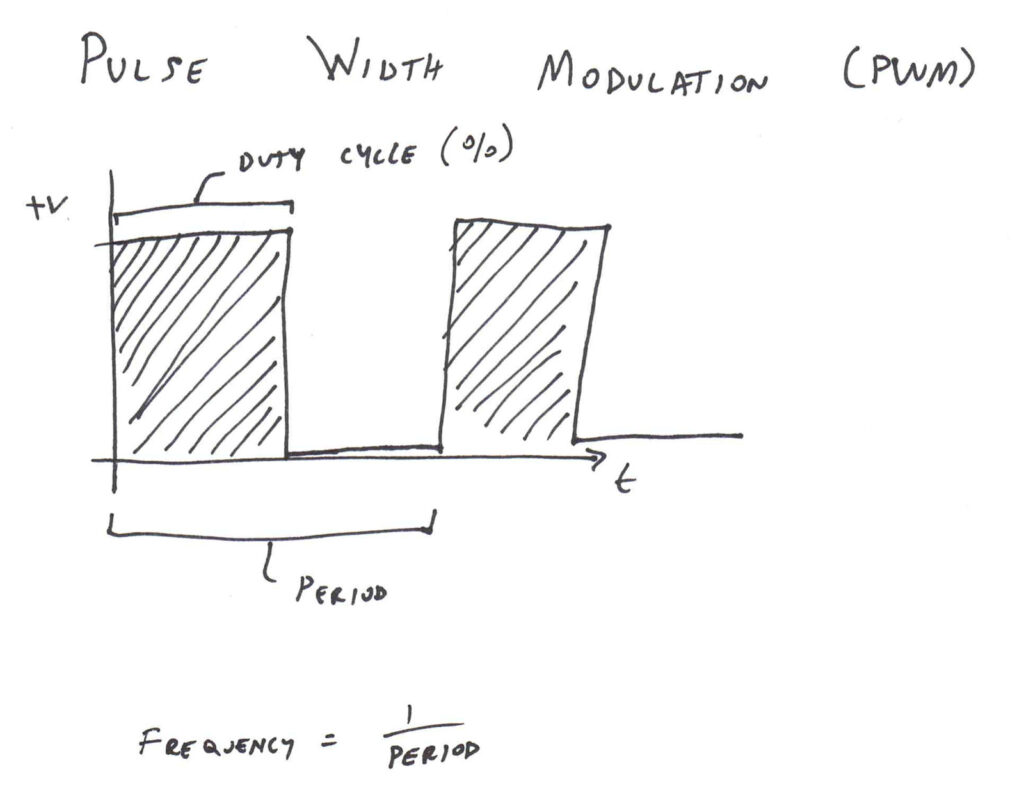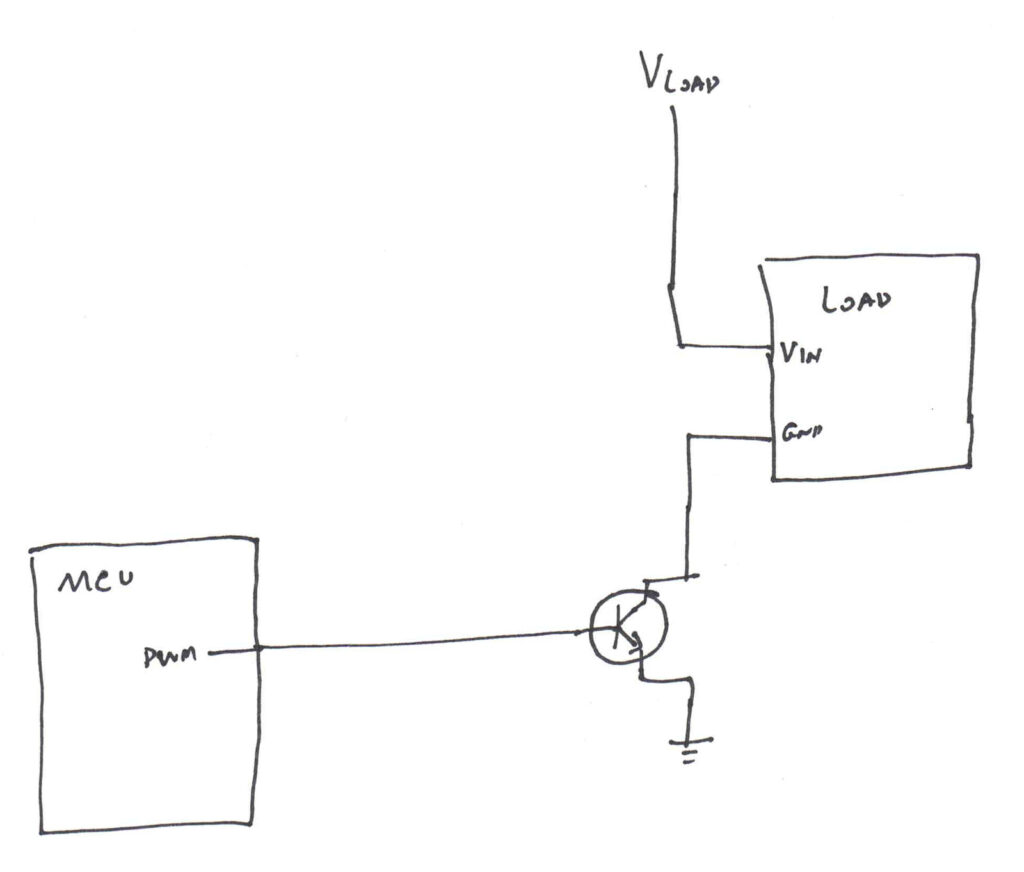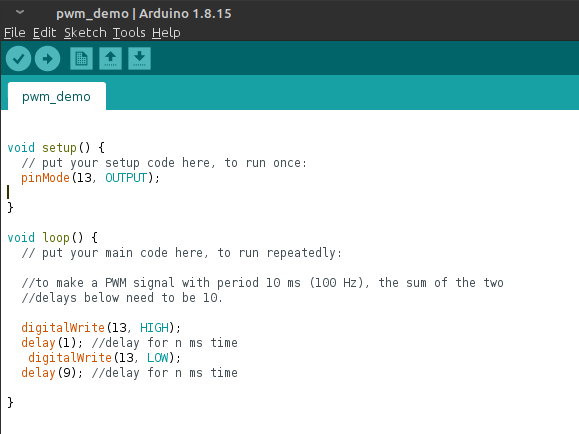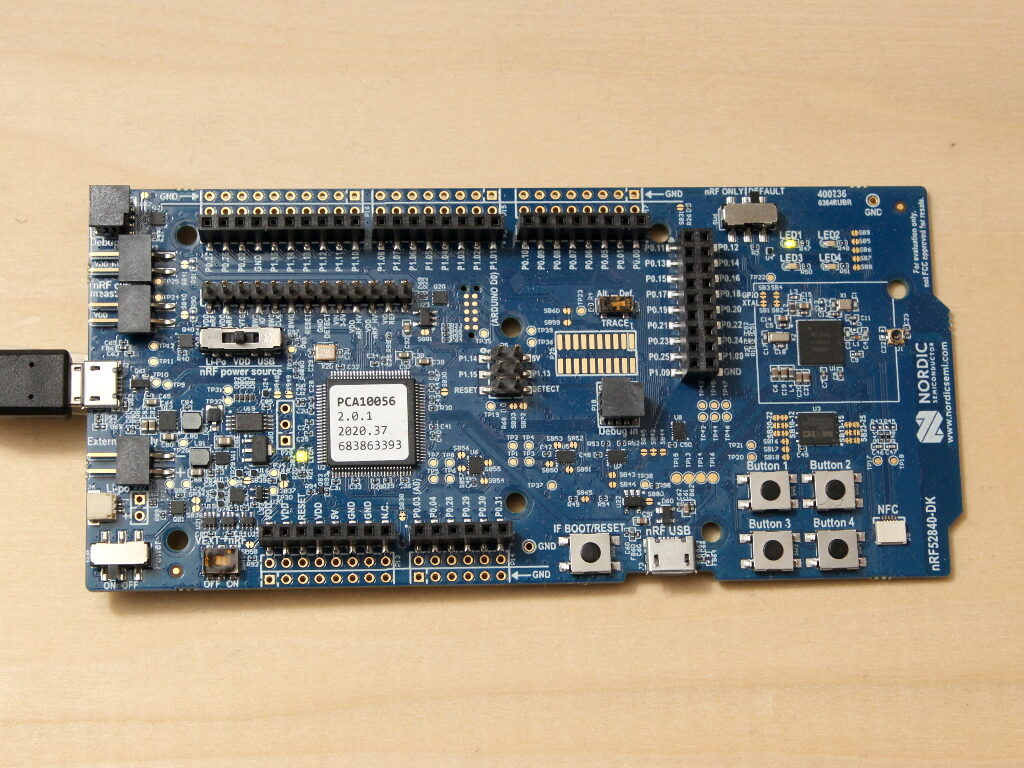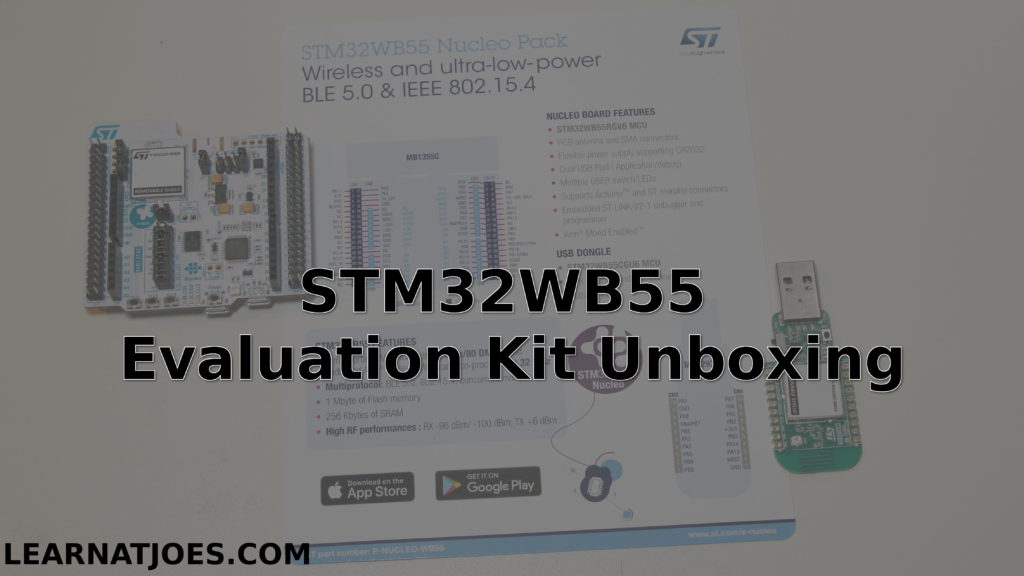STM32 + FreeRTOS on NUCLEO-L152RE
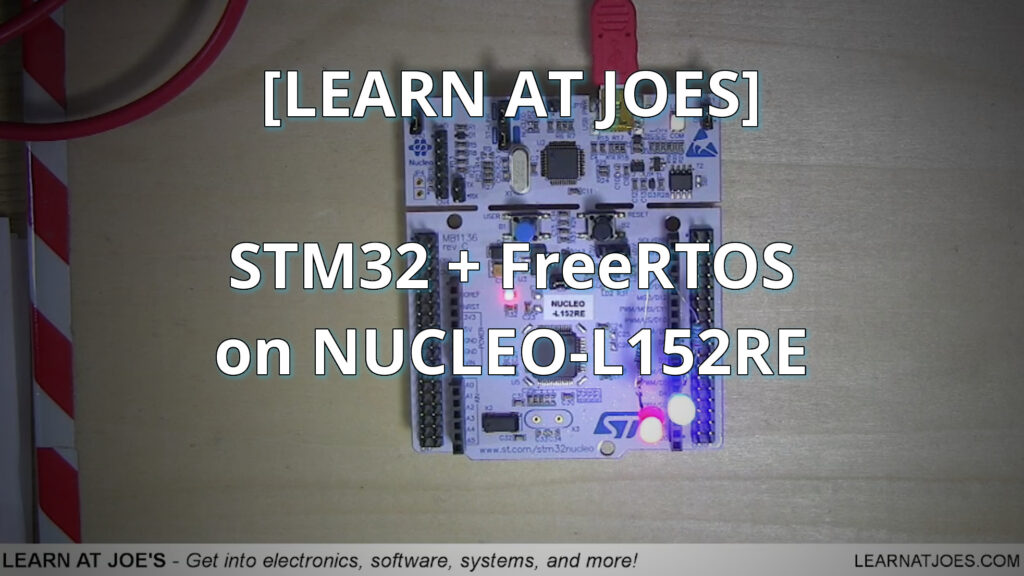
In this episode, we look at the NUCLEO-L152RE to get started on a STM32 platform running FreeRTOS. After following a straightforward set of instructions to bring up the system, we look at demonstrating a use case that benefits from an RTOS (Real Time Operating System) environment.
The NUCLEO-L152RE development board features an ultra-low ARM micro-controller from the STM32L series. The family of NUCLEO boards facilitates evaluation and rapid prototyping with on-board debugging and provides design extensibility via the included Arduino Uno R3 header interface to support integration with off-the-shelf and custom Expansion Shields.
Digi-Key has published a handy guide on getting started with FreeRTOS on the STM32 platform, with a good introduction to the FreeRTOS, briefly discusses where it may be desirable to incorporate an RTOS into a system, and offers specific pointers on getting started with FreeRTOS on the STM32 platform.
Don’t let chip supply chain shortage stop you from building out your hot idea! Pull out that development board hiding in one of your parts bin (or buy one that you can find) and make use of the Arduino Uno R3 header interface! Ask about the Expansion Shield Design Special at JoeLABs!

